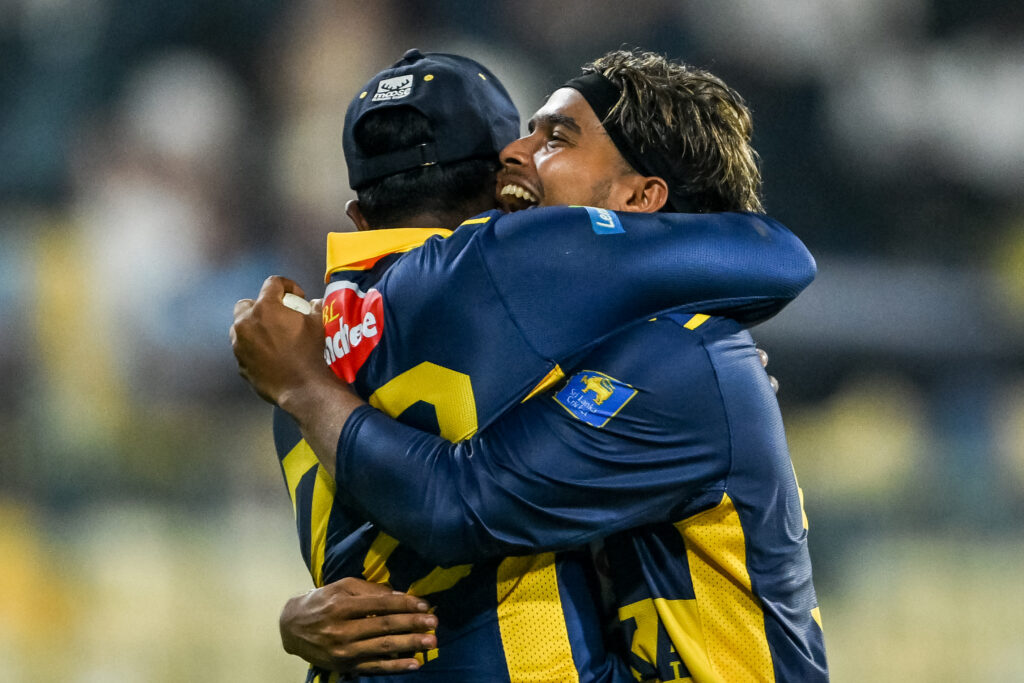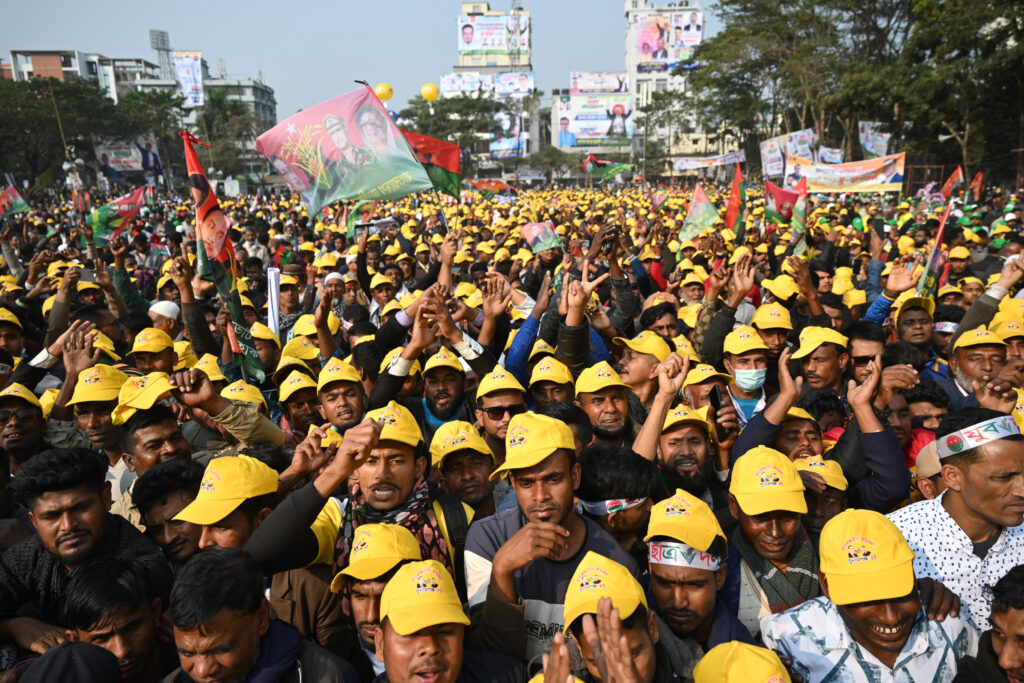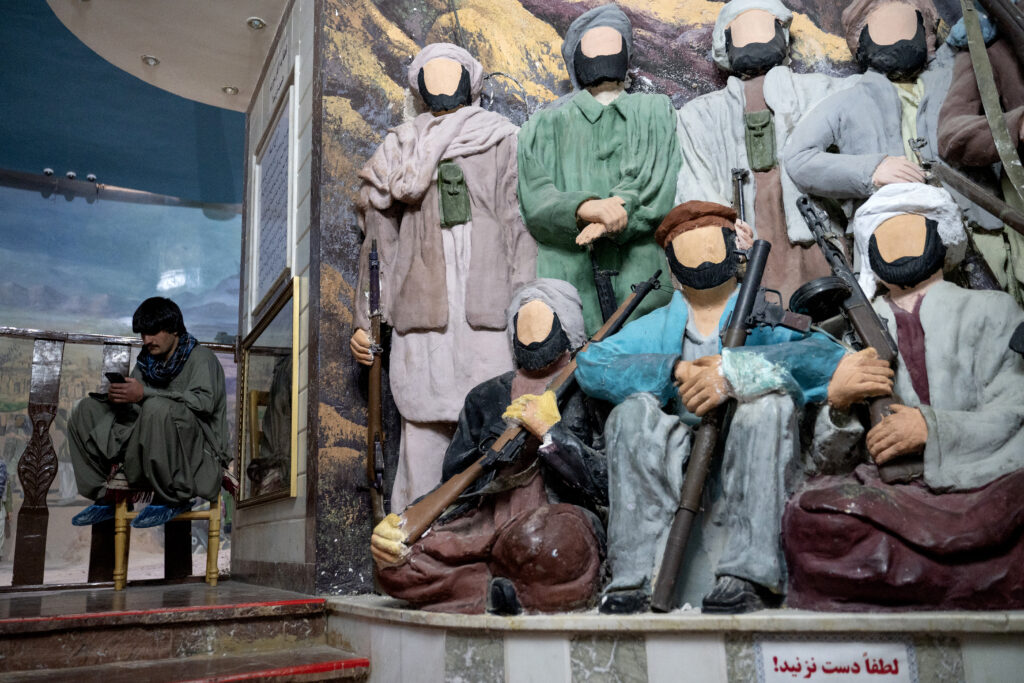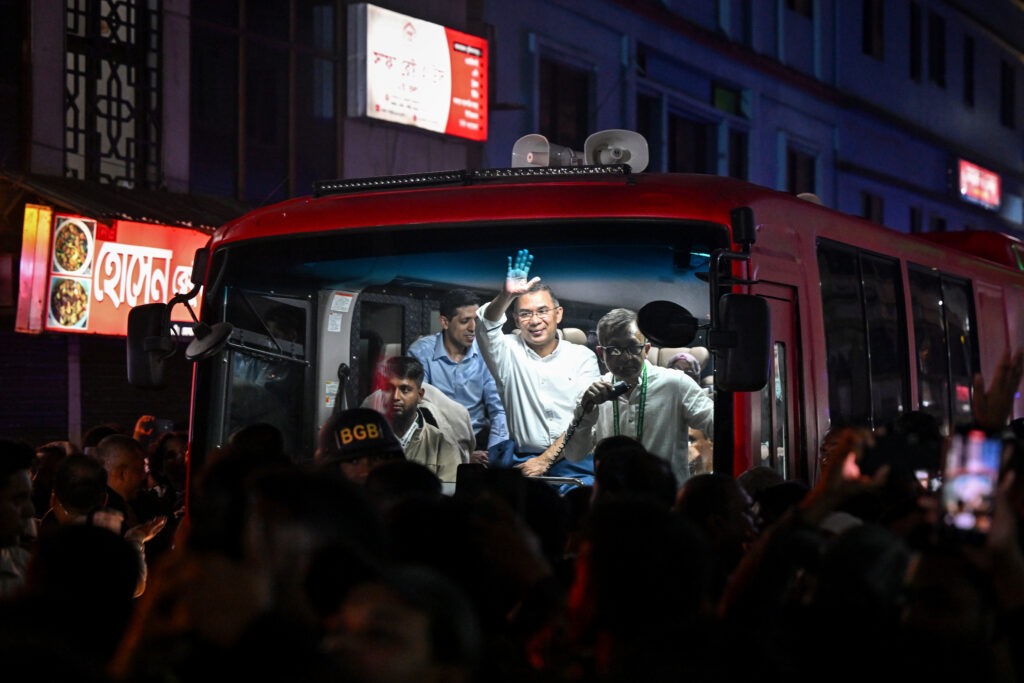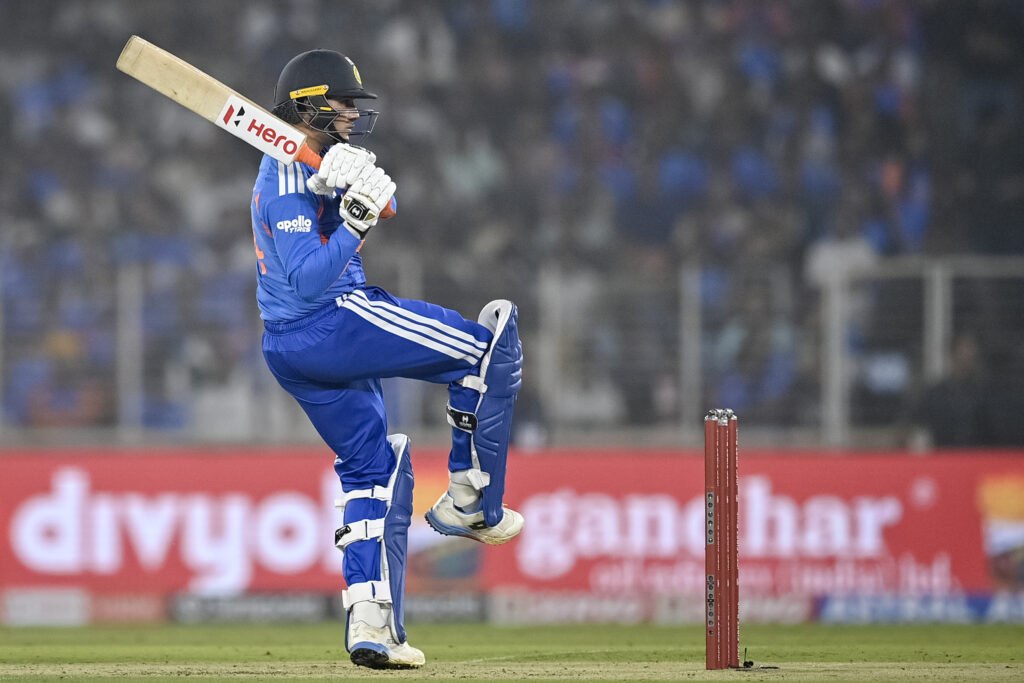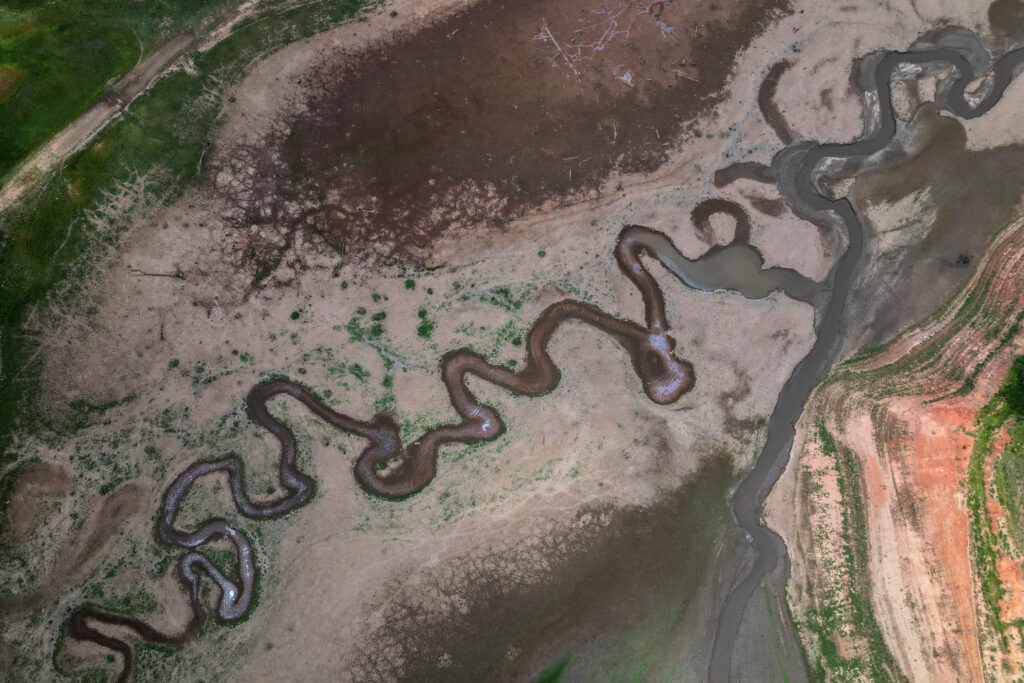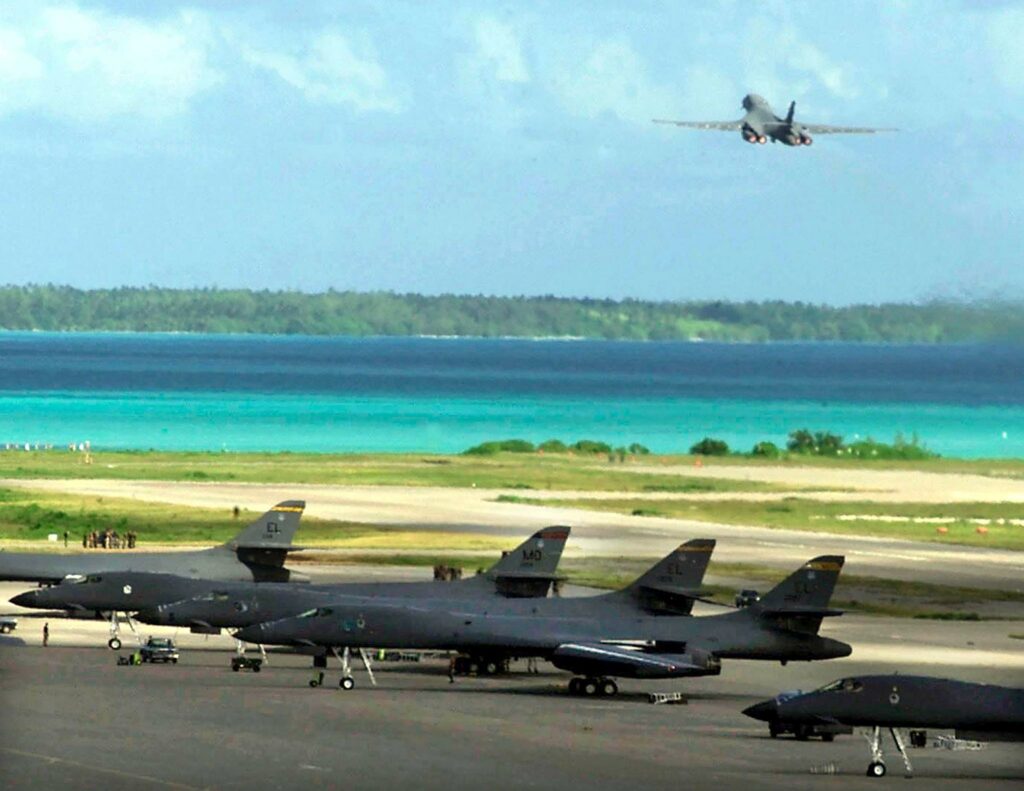Sri Lanka seal 19-run win over England in opening ODI
Sri Lanka’s spinners turned the screws to script a hard-fought 19-run victory over England in the opening one-day international at Colombo’s R. Premadasa Stadium on Thursday.Set 272 for victory, England appeared to be cruising at 129-1 with Ben Duckett and Joe Root stroking the ball sweetly and the asking rate firmly under control.But once the 117-run stand was broken, Sri Lanka dried up the runs and England faltered with the bat, being bowled out for 252 in the final over.”It was a good game of cricket, but we need to keep improving. Our spinners did a terrific job. We knew it would start turning after the 30th over and batting would become a challenge,” Sri Lanka captain Charith Asalanka said.Duckett’s attempted reverse sweep brought Sri Lanka back into the game as he was ruled leg before to Jeffrey Vandersay. However, it was Root’s dismissal that truly changed the complexion of the contest.The former England Test captain, a perennial thorn in Sri Lanka’s side with imposing averages of 61 in ODIs and 62 in Tests against them, misjudged a sweep off part-time spinner Dhananjaya de Silva.Sri Lanka reviewed instantly, the on-field decision was overturned and the roar from the Premadasa stands said it all.With the required rate climbing north of eight an over, England were forced into risk mode.Harry Brook and Jacob Bethell both paid the price, brilliantly stumped by Kusal Mendis, with Brook undone off a wide by his opposite number Asalanka.Jamie Overton injected late drama with a muscular 34 off 17 balls, adding 39 for the last wicket with Adil Rashid, but it proved too steep a hill to climb and he was the final wicket to fall.Sri Lanka’s fielders matched their bowlers stride for stride, with De Silva and Dunith Wellalage pulling off stunning catches to keep the pressure relentless.- Mendis holds Sri Lanka together -Earlier, Mendis had been the glue that held Sri Lanka’s innings together after England’s leg-spin pair of Adil Rashid and Rehan Ahmed reduced the hosts to 124 for four.Battling cramps but showing sharp game awareness, Mendis rotated the strike cleverly and punished anything loose.He added 88 runs for the fifth wicket with Janith Liyanage, who made 46.Mendis was on 92 at the start of the final over and watched from the non-striker’s end as Wellalage stole the limelight, launching three fours and a six in a blistering 25 not out from 12 balls as the last over bowled by Overton yielded 23.That proved crucial as it dragged the hosts to 271-6 from their 50 overs.”Sri Lanka outplayed us,” England captain Harry Brook said.”We thought we could chase it and we were in a good position, but with the asking rate climbing it became difficult. It’s hard to start and someone needed to go on and finish the job.”The teams meet again at the same stadium on Saturday for the second game of the three-match series.
